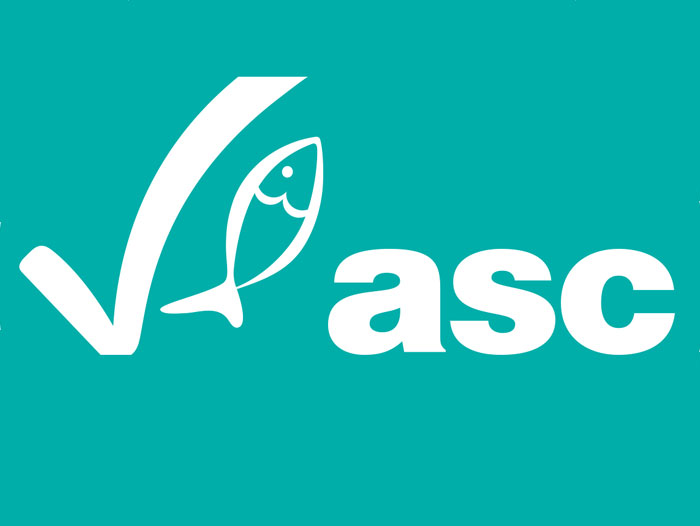ASC Launches Public Consultation on New ASC Farm Standard Covering All ASC Certified Species
March 2, 2022 | 5 min to read

ASC has launched one of its largest ever public consultations to seek stakeholder feedback on the upcoming ASC Farm Standard, which will enhance the efficiency and accountability of the ASC programme for the benefit of all stakeholders.
The development of the Farm Standard represents the biggest overhaul of ASC certification programme since its beginning. The single Standard covering all ASC species will drive efficiencies into the system and enhance the ASC’s impacts.
Farmers and auditors will benefit from greater efficiencies, while other stakeholders including NGOs will find it easier to assess and compare the ASC’s requirements, making public consultation more efficient.
The standard has involved years of research and development, including expert input and multiple previous rounds of public consultation. It will be split into three parts, called principles. Principle One covers legal compliance and effective business management, Principle Two covers environmental sustainability, and Principle Three covers social responsibility. As with ASC’s current standards, farms must meet all indicators in all three parts to achieve certification.
This round of public consultation covers the entire Standard, except for fish welfare which was the topic of a separate public consultation in 2021. Ultimately, this fish welfare content will be adopted into the ASC Farm Standard as well.
ASC’s Director of Standards and Science, Michiel Fransen, said: ‘ASC’s Farm Standard will address all main impacts of aquaculture in a consistent manner across the industry in a more effective and efficient manner.
‘We are now coming to the final stages of this project, and are asking for stakeholder feedback so we can be sure the final Standard will meet expectations of all those that will use it.’
Stakeholders can view details on the proposed Farm Standard and ways to provide feedback, including through a survey and by joining workshops, on the ASC website. The consultations will run for two months, from 1 March to 30 April 2022.
This round of consultation covers a number of vital issues including proposals for requiring all certified farms to report energy use and greenhouse gas emissions, a proposal aimed at combatting sea lice, and the introduction of Risk Management Plans for key topics like health and safety.
By developing one comprehensive standard covering all these impacts, ASC will be able to respond to changes in the markets and industry more swiftly. All new developments or reviews will continue to be developed by multi-stakeholder governance groups and undergo public consultation – all in line with best practices according to ISEAL.
Due to the size of the Farm Standard, ASC has organised several rounds of public consultation. This is the second and final consultation for the legal and social principles. After public feedback has been considered, Principle One and Principle Three will be finalised and sent to ASC’s Supervisory Board for approval with an aim of publishing thereafter.
ASC will conduct a final round of consultation on the environmental criteria later this year, while also carrying out on-farm pilots to understand where clarification in Standard writing is needed which elements need guidance for implementation. Principle Two will be finalised and sent to ASC’s Supervisory Board for approval in September 2023 with an aim of publishing thereafter.
Find out more and get involved in the public consultation.
About the ASC
The Aquaculture Stewardship Council (ASC) is an independent, not-for-profit organisation co-founded by the World Wildlife Fund (WWF) and The Sustainable Trade Initiative (IDH) in 2010 to manage the certification of responsible fish farming across the globe.
The ASC standards require farm performance to be measured against both environmental and social requirements. Certification is through an independent third party process and reports are uploaded to the public ASC website.
The on-pack ASC logo guarantees to consumers that the fish they purchase has been farmed with minimal impacts on the environment and on society.
For more information about ASC please visit www.asc-aqua.org.
